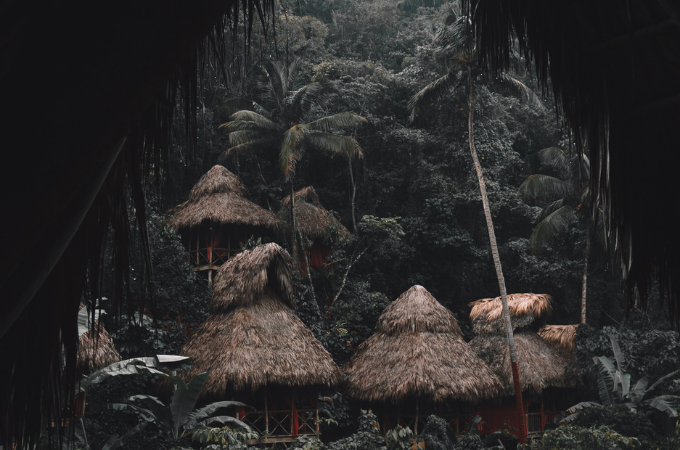
The young hunter had the antelope in sight when the call drum from home boomed off through the rainforest. Da-DUM-da-DUM. If it was who? If it was who? He lowered his weapon, turned around and headed out the woods at a run. At his pace, it didn’t take him long to reach the tail of the forest where the great stretch of the Bulu Bulu plains began, his face and body dissolved in sweat. The sun was on the horizon. At last, he found himself overlooking home in the distance with huts and the curls of smoke rising into the evening air and the surrounding grotesquely shaped baobab trees. The drum boomed off again. Reaching the headwaters of the stream, he came across the young maidens passing to the stream with clay pots bouncing on their shoulders. His haste stopped them. His breath and excitement asked them why? The maidens, relaxing their faces into a smile, explained that the midwives were attending to Nafalaku in the birthing hut. Joyful.
The young man then pressed on at a trot. Sweat covered his forehead. He only paused to take the pouch of water from his shoulder to drink in one go, washing away his previous anxieties. He pressed on through the circular huts and arrived at the birthing hut. Loud peals of laughter came from the wives and mothers of the village and the gathered maidens standing around. They were confident and outgoing. They joked and laughed. Inside, his dear wife screamed. Realizing what must have happened the hunter asked, politely, that they allow him inside. “Ku ka li.” No. No man is allowed inside a birthing hut. Nafalaku was a strong woman, they said.
The hunter, now desperate but calmer, thought of what to do and left the birthing house. Looking up, he raised a hand and praised the old sun and set out for the onjango where the men spent the pastime drinking beer and discussing problems affecting the life of the village. Bending his head as he passed through the low narrow eaves, he hailed the men and sat among them. The air in the onjango carried the stench of beer and snuff, horseflies buzzing around. The men hailed in return and gave him a hero’s welcome and poured him beer. Soon the expectant father was being hailed. Children are like arrows. Happy is the man that has his quiver full of them. He shall not be ashamed when he speaks with his enemies. Children, like the spear, are the symbol of strength, the more spears that we can handle the better for longevity and protection of the village. The land disputed by two tribes goes on to the group with the greater numbers. Apparently, each clan or village from ancient times seeks to increase its importance by numbers, the more children in the clan, the greater its spear power.
The sky was now a blaze of dazzling colour which had made the brief interim between sunset and darkness the loveliest part of the African day. Tomorrow, he would be a father and Nafalaku, a mother. He must exchange meat for all. He would also squirt beer over the face of the child, thus acknowledging his offspring. To kindle love in the father’s heart for his child, the mother, would mix something from the child with a portion of mush prepared for the father. The hunter, now relaxed, sat on the floor with knees close to his chest, sipping beer and filming the young and old at the onjango. Ngolo and Njamba sat on opposite sides of a board which has a fixed number of shallow holes scooped out in four parallel lines. Small pebbles were used, each player having an equal number. The motive of the game was by each player moving these pebbles in certain directions fixed by rule to get them into positions relative to the opponent’s and so sweep him off the board.
Into the onjango rushed a boy, breathless with hastiness. With mixed feelings, the hunter rose to his feet. The boy, still breathless, exclaimed sadly, “Nafalaku wa lia atila njokele.” Nafalaku has breathed her last with the child. A sudden hush fell. A chill ran through everybody. Even the hut was shaken.
A sudden silence fell on everyone in the birthing house while the new widow advanced slowly, as if entranced, with his eyes glued on the door that led to where his wife laid rest. The midwife was shaken. When the rest of the men arrived, a much bigger crowd had gathered, their curiosity growing. The wives and mothers were still present. Slowly, the men crawled through the ring and raised the mat at the door. Inside, the young man was crouched over the body on the floor, mourning her and questioning his ancestors.
When night fell, the men came together with dry coconut pods from which fire gleamed and held a conference to decide what they should do. For a long time, no one spoke. Inside the birthing hut, the midwives were preserving Nafalaku’s body for burial in the morning. Torches lined the walls to provide dim lighting, allowing them to see within. The rest of the community lingered under the stars and discussed the problem into the hours of darkness.
“I myself do not understand why it happened like that,” said Akyerɛ, the midwife.
“All of us are surprised, but we don’t understand. Every few minutes she asked for water, and we gave her,” said Otibu, the other midwife.
“The gods understand all this, no human being can say he knows,” a man among the crowd said.
At first light the next day, the men collected the body of the mother. The rest of the village followed to a graveyard among the baobab trees near the edge of the settlement. No one spoke. A heavy silence settled on everybody while the midwives wept. Now, their heads were bowed. They were no more confident and outgoing. The jubilation of the earlier evening had given way to fear. The hunter watched quietly, a knot tightening in his stomach. Nafalaku had been wrapped in a white sheet, one arm bound straight along her side and the other folded across her chest. They lowered her body into a grave and covered it with sand and gravel and bricks. Adjacent to his wife’s graveyard was a graveyard for the settlement’s predecessors, buried haphazardly and close together, with nothing to mark their passing but the disturbance of the earth. The party returned to the birthing hut and collected the infant to be buried in the soft lips of the river. It will find it easy there by the river to obtain sustenance than when buried in hard ground where it would be forced to wander far in search of food.
The young man, locked into sorrow, went straight from the graveyard to the hut. As the sun fell, he walked through the village to his in-laws. When the old man heard the wonted sound of approaching footsteps and saw that the young man’s face looked so blank, he poured a corn beer for him and the two sat silently together by the small fire. Several times, the young man broke down in tears. As the darkness began to settle, the beer stirred in their blood and they spoke for a while, about birth, death, and mourning. The conversation masked the horrifying realisation to the young man – he was a young widower. But Epungu, the old man, told him something else too: that after the dead were buried, the living returned home to eat salt.
Photo by Alex Azabache from Pexels



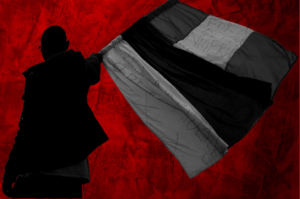

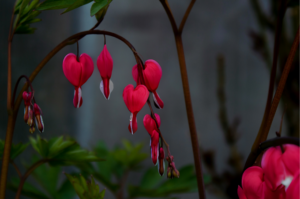
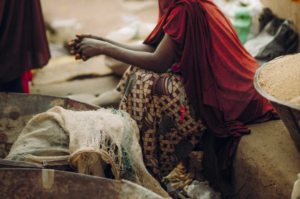
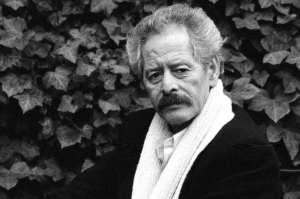
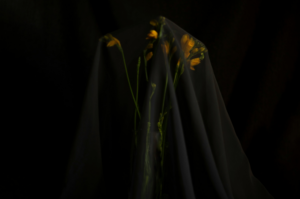

Mercy May 06, 2023 06:05
Nice and interesting story But, the end, I think something should have been added to support what the old man said.